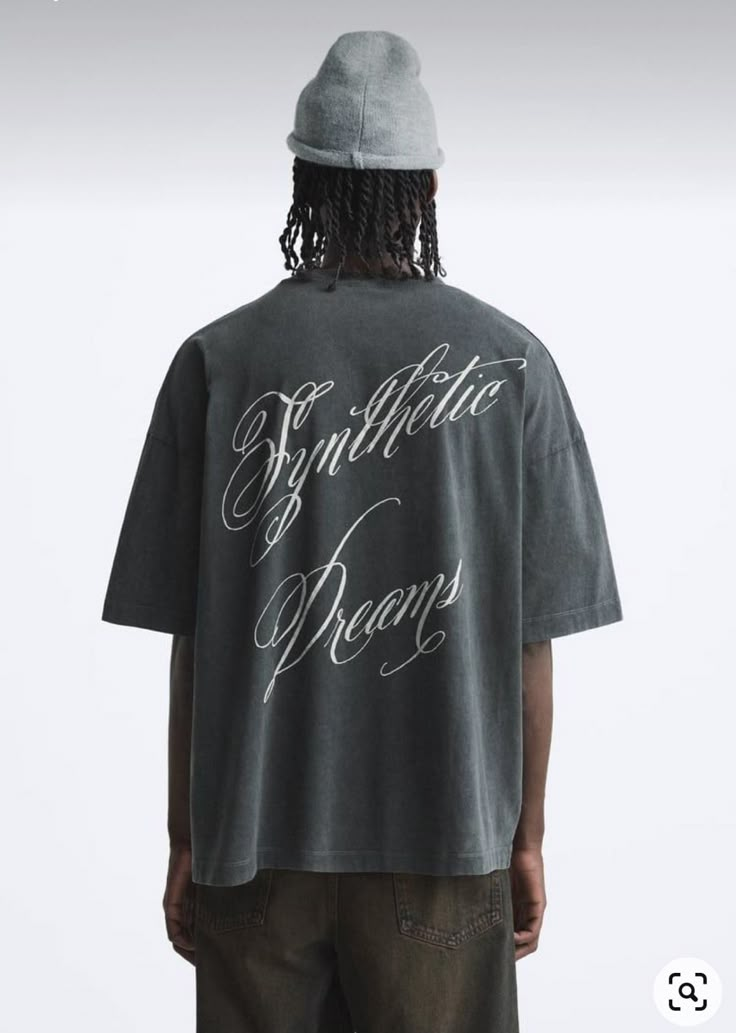
Understanding NFTs and Their Connection to Fashion
The fusion of fashion and technology has given rise to a new wave of innovation, and one of the most exciting developments in recent years
The T-shirt has long been more than just a basic item of clothing. It has served as a blank canvas for personal expression, cultural movements, and political activism. From humorous meme-inspired graphics to bold political messages, printed T-shirts have evolved into a powerful medium for communication. In modern society, where visual impact and instant messaging dominate, the printed T-shirt remains an accessible and influential tool for spreading ideas, rallying support, and challenging norms.
The history of printed T-shirts dates back to the early 20th century when they were primarily used as undergarments. Over time, their function expanded, and they became a symbol of casual fashion. By the mid-20th century, printed designs began appearing on T-shirts, initially as promotional materials for brands and events. The emergence of screen printing techniques allowed for mass production, making graphic tees widely available. The 1960s and 1970s saw T-shirts become a popular means of self-expression, particularly within countercultural movements. As printing technology advanced, individuals could customize their shirts with messages that resonated with them, further solidifying the T-shirt’s role as a statement piece.
In the digital age, memes have become a central part of internet culture, influencing fashion trends and inspiring T-shirt designs. Memes encapsulate humor, irony, and cultural references, making them highly relatable to various audiences. Printed T-shirts featuring viral memes provide a way for individuals to showcase their personality and engage with pop culture. These humorous designs often serve as conversation starters, fostering a sense of community among those who recognize the reference. Additionally, meme-inspired T-shirts reflect the fast-paced nature of digital culture, where trends can change overnight, requiring brands to adapt quickly to stay relevant.
T-shirts have long been a tool for political and social activism. From the anti-war protests of the 1960s to modern movements like Black Lives Matter, feminist advocacy, and climate activism, printed T-shirts have carried powerful slogans and symbols. Wearing a politically charged T-shirt allows individuals to express their beliefs without saying a word, making it an accessible form of activism. Iconic designs, such as the “I Can’t Breathe” shirts worn by athletes and activists, demonstrate how fashion can bring attention to social justice issues. In many cases, these shirts also contribute to fundraising efforts, with proceeds going toward causes and organizations that support change.
Brands have recognized the impact of statement T-shirts and have incorporated them into their marketing strategies. Companies frequently release limited edition collections featuring slogans, pop culture references, and social messages to connect with their target audience. Collaborations with artists, influencers, and activists help brands align with contemporary movements, enhancing their relevance and appeal. However, the commercialization of statement T-shirts raises ethical questions regarding authenticity and profit-driven activism. Consumers have become more discerning, demanding genuine commitment from brands that promote political or social messages through their apparel.
As technology continues to evolve, printed T-shirts are adapting to new forms of expression. Augmented reality (AR) and QR code integration allow wearers to enhance their shirts with interactive digital experiences. Social media also plays a crucial role in amplifying the messages displayed on T-shirts, as viral images and videos spread these statements across the globe. Additionally, sustainable and ethical fashion practices are gaining traction, leading to the development of eco-friendly printing techniques and materials. As consumers become more conscious of their purchases, the demand for ethically produced statement T-shirts is likely to grow.
Printed T-shirts, whether showcasing memes or political statements, remain a powerful means of communication. They reflect cultural shifts, amplify voices, and provide a platform for individuals to express their values. As the world continues to navigate social and political challenges, the T-shirt will undoubtedly remain a staple in personal and collective expression, carrying messages that resonate with generations to come.
Printed T-shirts have transcended their role as mere fashion items to become significant cultural artifacts. They capture moments in history, express personal beliefs, and amplify social movements. Whether featuring humorous memes or bold political statements, these shirts continue to be a versatile and powerful form of self-expression. As fashion and technology intersect, the potential for printed T-shirts to influence public discourse and create meaningful change remains stronger than ever. Moving forward, the challenge will be to balance creativity, authenticity, and sustainability while keeping the message at the heart of the design.

The fusion of fashion and technology has given rise to a new wave of innovation, and one of the most exciting developments in recent years

The T-shirt has long been more than just a basic item of clothing. It has served as a blank canvas for personal expression, cultural movements,